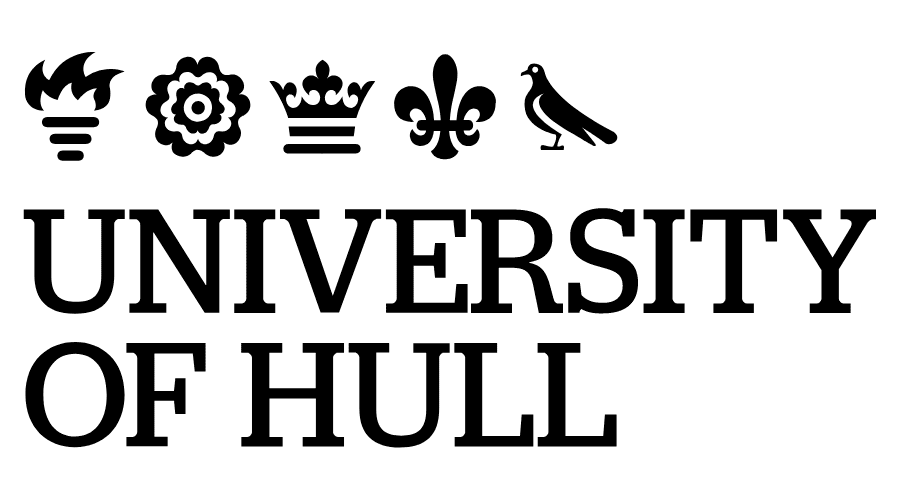
Organisations in all sectors need individuals who understand how OB, HRM, leadership, business strategies and people analytics are interrelated. During this course, you will learn about the key concepts in OB and HRM, such as psychological constructs (e.g. organisational climate, culture, commitment, turnover) and HRM practices (e.g. recruitment and selection, training and development, and performance appraisal).
You will learn how to design and implement the right People Analytics projects to inform and support whatever strategic goals your organisation is working towards. You will gain the ability to see complex situations as a whole and decide which tools and methods are most appropriate to different projects.
You will assess the impact projects will make within your organisation and their value to managers and decision-makers. You will also learn about data governance, including implementing privacy and anonymity policies, and how to implement practices to protect employee data from theft and abuse.
Throughout the course, you will gain the knowledge and confidence to:
By the end of the course, you will have the confidence to create a People Analytics project that will maximise individual and organisational performance.
Share your details in order to receive information about this high quality online masters course.
Three start dates per year: January, May and September
Next course start date: 25 September 2023
Next welcome week: 18 September 2023
Duration: two years (part-time)
Format: online, with optional face-to-face events
Total fees: £10,300 (payment by instalment and funding options available)
Additional costs: due to the nature of the subject, and copyright restrictions placed on institutional libraries by some publishers, students will need to purchase some core texts.
Support with your application: Contact our course adviser team today for application advice.
People Analytics isn’t just about using HR data to manage people at work. It’s about making theory- and data-driven decisions to improve your organisation’s effectiveness.
With our MSc in People Analytics, you will learn how to assess workplace behaviours and connect them to your organisation’s wider strategy.
This course combines different specialisms that will help you see how variables from different areas of an organisation are interrelated. You will get an advanced understanding of Organisational Behaviour (OB), Human Resource Management (HRM), HR Data Analytics, and Psychometrics.
You will learn to develop and apply a variety of psychological and statistical tools, including specialist software and psychometric instruments, within the workplace. You will be trained in quantitative and qualitative research methods so that you can make more strategic and data-informed decisions.
You will also become skilled in how to interpret and visualise HR data, so that you can explain your insights to your organisation’s key decision-makers and make suggestions for improving performance.
Organisations in all sectors are looking to develop their analytics capabilities. Whether your background is in HR, marketing or another function, this MSc will give you the data literacy and analytics skills that organisations need right now to become more effective.
This introductory module breaks down all the fundamentals of People Analytics by addressing the most up-to-date and relevant practices, topics and tools involved in the field. You will explore the many facets of this interdisciplinary field — particularly its relevance within HR — including how organisational psychology, psychometrics and data science are used to understand human behaviour within organisations and help guide strategic decision-making.
The module also provides an introduction to the use of R software and other data-gathering instruments, as well as the guidelines surrounding the ethical use of data, including GDPR, the Ethics Guidelines for Trustworthy Artificial Intelligence (AI) and the Data Ethics Framework.
On this module, you will have the opportunity to put research into practice by learning how to identify business problems and develop a corresponding People Analytics project. Using qualitative, quantitative and mixed research methods, you will learn how specific evidence-based techniques can address HR problems and challenges, and will explore all aspects of a People Analytics project, including participants, materials and instruments, data collection and analysis procedures, and the surrounding ethical aspects.
On this module, you will learn the central concepts of psychological measurement and how its use pertains to the field of People Analytics. You will explore the fundamentals of psychometric theories — Item Response Theory and Classical Test Theory — as well as how to develop and validate psychological instruments through the use of R software.
Critically, the module also emphasises ethics within the application of psychological testing, and will show you how to work within specific ethical and professional frameworks.
The many aspects of People Analytics come together on this module, where you will learn how to effectively and efficiently deliver a People Analytics project. You will unpack the various steps within a People Analytics project, including the variables included and what methods, tools and algorithms you should use in your delivery. From there, you will use a hands-on approach to learning data analysis, and will be introduced to text mining techniques and advanced machine learning algorithms, as well as how to interpret your results clearly and ethically in corresponding business reports.
Combining the lessons you have learned on previous modules, you will develop your own People Analytics project on a topic of your interest. You will address a specific business issue through the use of thoughtful research questions, targeted methodology, research literature and in-depth data analysis with either data from your current employer, government open data or through public datasets.
Your Capstone Project could take the form of:
Example Capstone Project topics could include:
Benefits of learning online with us

• No visas or moving costs
• Access course from anywhere in the world
• Spend approx. 20-25 hours studying each week
• All course materials are available on demand
• Revise on the days and times that suit you best
• Course modules broken down into weekly
segments
• Fit studies around work, family and social life
• Support with non-academic queries from a
student adviser team

Individuals with data analytics skills are in high demand in the labour market. Research conducted by Deloitte has found that while 71% percent of companies view people analytics as a high priority need, only 8% report having usable data.
Companies increasingly understand that to become more effective, they need data literate and analytically savvy staff within their businesses.
On completion of this MSc, you’ll possess expert knowledge of both quantitative and qualitative research methods to drive more strategic, data-informed decisions around individual and organisational behaviours.
You can look forward to demonstrating your expertise by using advanced techniques from statistics, machine learning, and psychometrics. You’ll be able to process and analyse data sets, create data analysis plans to maximise performance, and communicate your work clearly and effectively.
The capabilities and confidence that you can expect to gain during your time with us will help you become a valued and highly employable data science professional.
Roles open to you as an MSc in People Analytics graduate could include:
People analytics is a fascinating field of study – one that combines the psychological and statistical expertise of practitioners to better understand and support others.
If you’re considering an MSc in People Analytics, you may be wondering about the different career paths open to you following graduation. Thanks to the field’s emphasis on human behaviour, it may come as little surprise that there’s a near-inexhaustible list of areas in which your skills could be put to good use.
We’ve compiled a few examples to help showcase the wide scope of roles available:
People Analyst:
As a People Analyst, you’ll utilise the employee-related data collected by various HR systems (from training platforms to payroll) to improve processes and solve business challenges.
Employers will look to you to for insights into their workforce based on hidden patterns in the data you examine. As part of a people analytics team, you’ll also present this information in the form of helpful graphs, charts, or other visualisations. These will enable key stakeholders to make better informed decisions about the wellbeing of their staff, as well as the organisation.
Talent Analytics Specialist:
This role focuses on analysing talent data to identify patterns and trends in hiring, retention, and employee development.
HR Business Partner:
This role involves working closely with business leaders to develop and implement HR strategies that align with the overall goals of the organisation.

Benefits of learning online with us
If you’re unsure whether you’re eligible to apply, please get in touch with our course adviser team for advice.
Share your details in order to receive information about this high quality online masters course.

Fuel your ambition and achieve a big increase in your earning potential by studying one of our high quality flexible master programs developed by some of the top British Universities.
® London House Academy 2023 | Powered by diho.mx